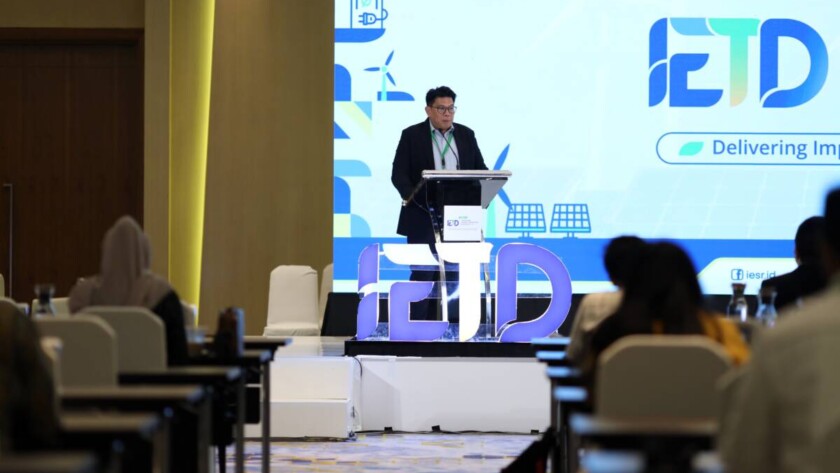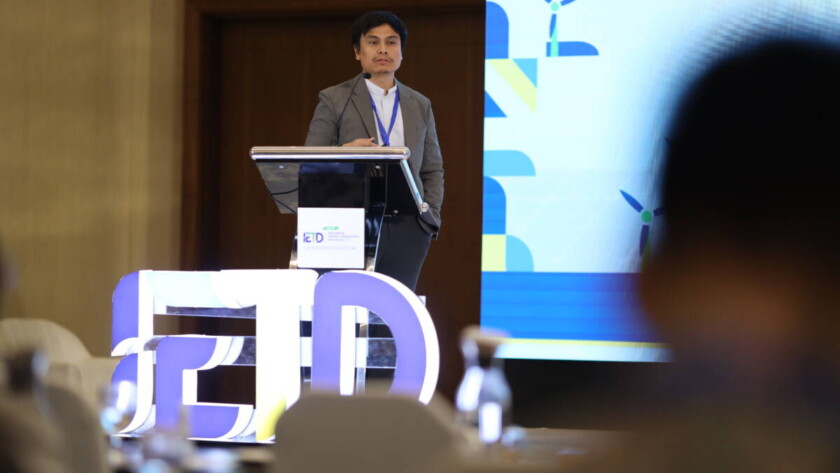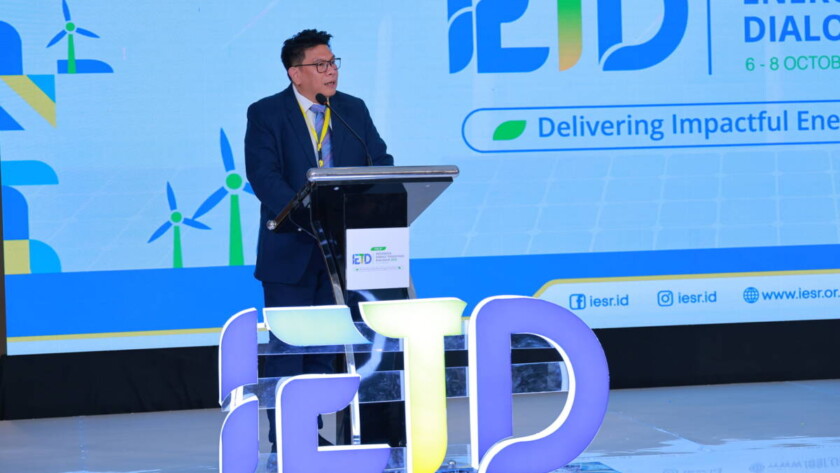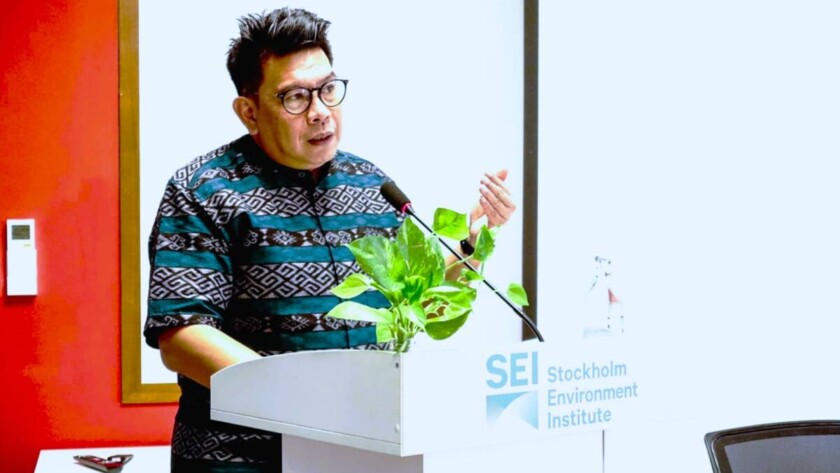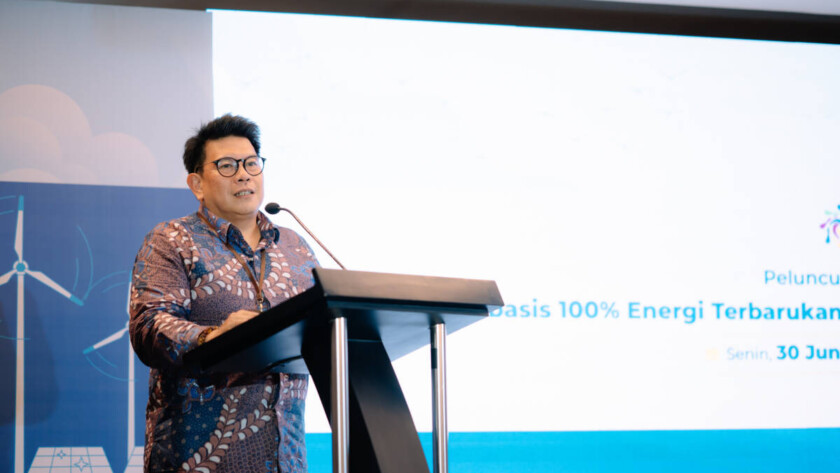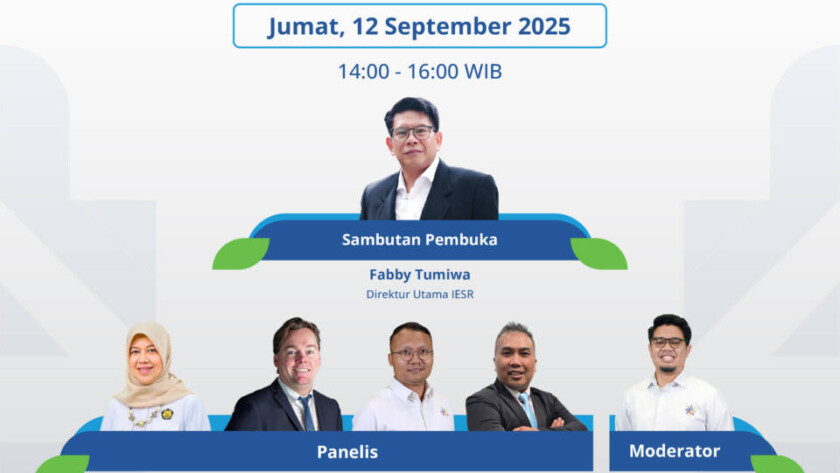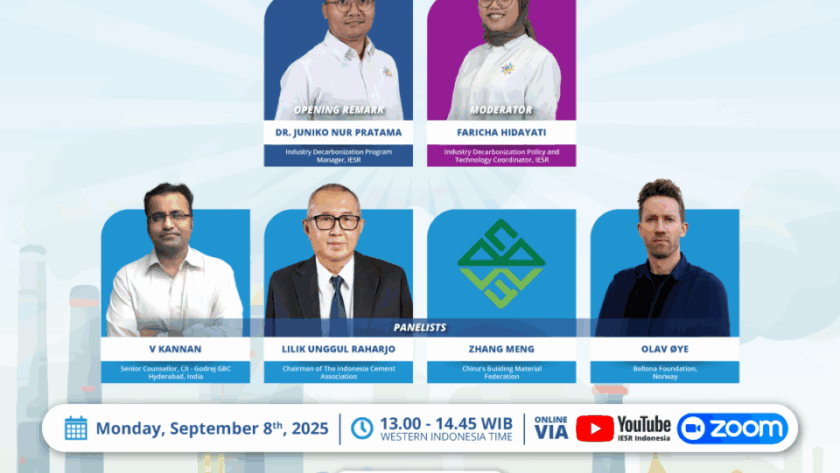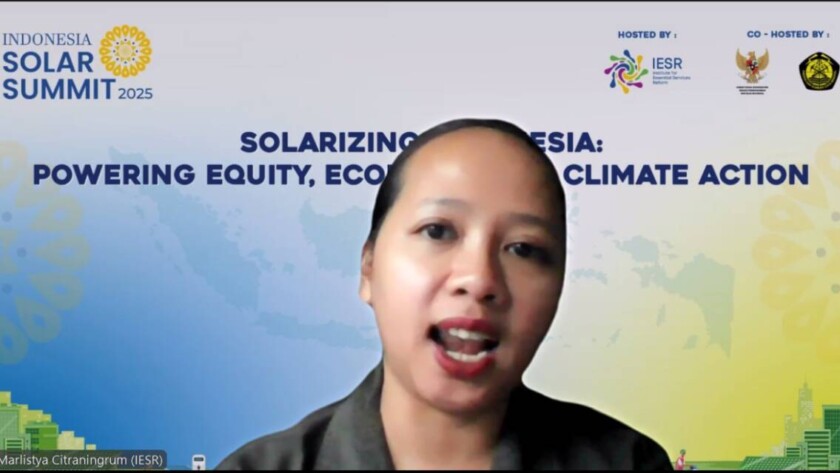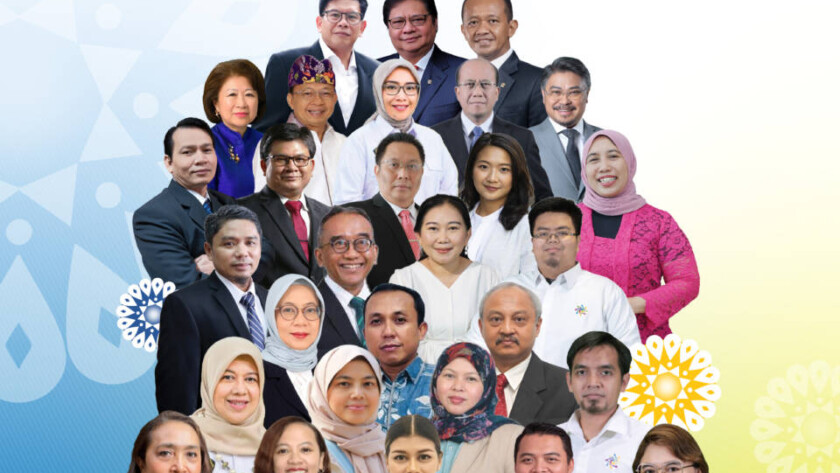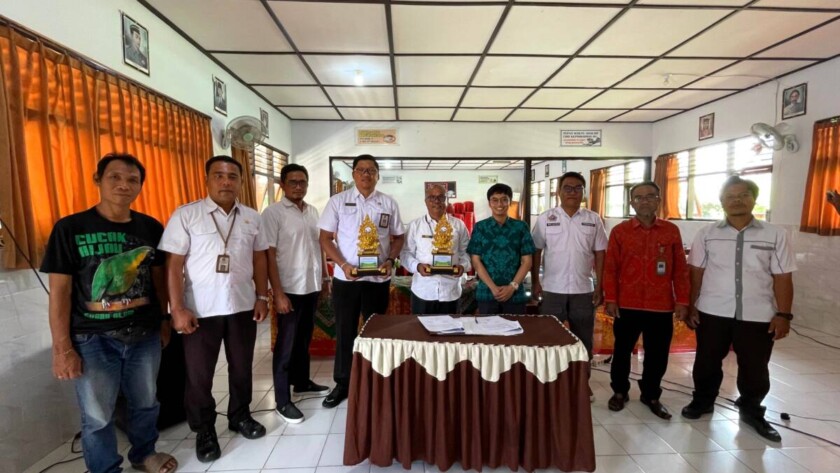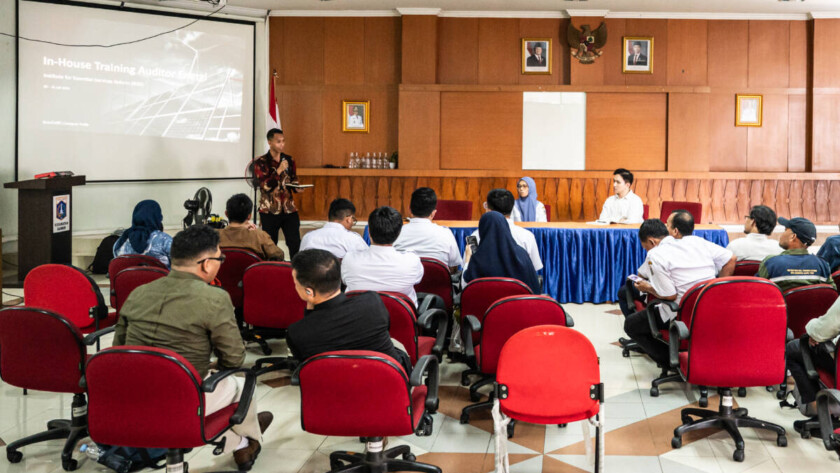Jakarta, October 8, 2025 - Indonesia has developed a roadmap for its electricity sector energy transition to achieve the net zero emissions (NZE) target by 2060 or sooner, as stipulated in Ministerial Regulation No. 10/2025. The push to develop an energy transition roadmap was also echoed by the Indonesia Clean Energy Forum (ICEF) and the…
